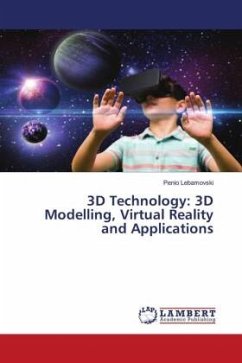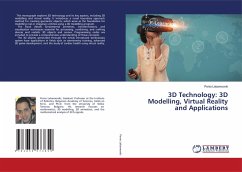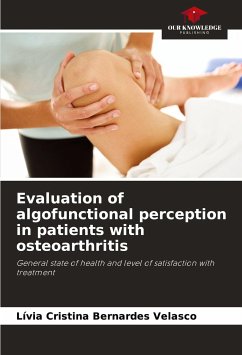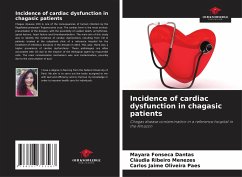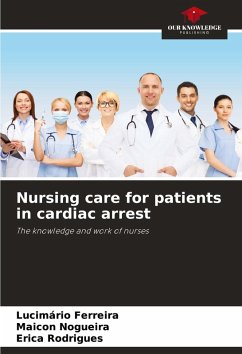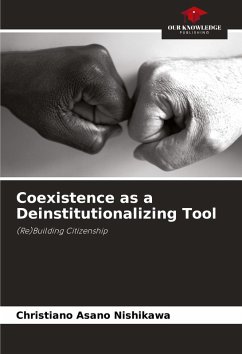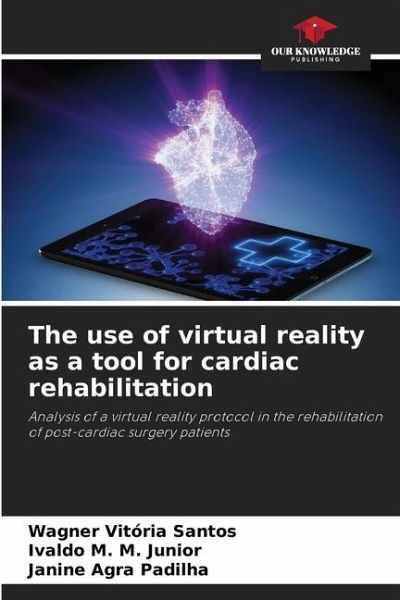
The use of virtual reality as a tool for cardiac rehabilitation
Analysis of a virtual reality protocol in the rehabilitation of post-cardiac surgery patients
Versandkostenfrei!
Versandfertig in 6-10 Tagen
27,99 €
inkl. MwSt.

PAYBACK Punkte
14 °P sammeln!
Cardiovascular diseases have a major impact on world health. Although clinical treatment makes it easier for individuals to intervene, cardiac surgery is still the most common approach adopted by some cardiologists, with the aim of increasing the user's outlook and quality of life. The use of virtual reality, in which subjects experience real-life situations through a computer, creating an interface between machine and human being, is an example of the advances in this area, promoting access to a multidimensional and multisensory environment. Therefore, the aim of this study was to analyse the...
Cardiovascular diseases have a major impact on world health. Although clinical treatment makes it easier for individuals to intervene, cardiac surgery is still the most common approach adopted by some cardiologists, with the aim of increasing the user's outlook and quality of life. The use of virtual reality, in which subjects experience real-life situations through a computer, creating an interface between machine and human being, is an example of the advances in this area, promoting access to a multidimensional and multisensory environment. Therefore, the aim of this study was to analyse the effectiveness of a virtual reality protocol in the rehabilitation of patients after phase II heart surgery. It is an experimental case study, with a longitudinal, prospective, descriptive section and a quantitative approach. The results obtained were: six-minute walk test; chair test; SF-36 total score, showing satisfactory progress compared to pre- and post-treatment. It is concluded that VR contributes to the rehabilitation of the patient under study.



